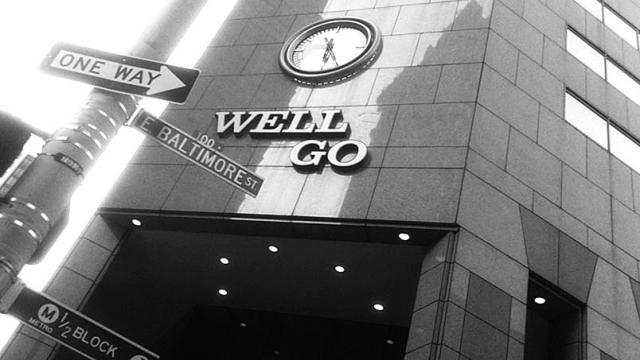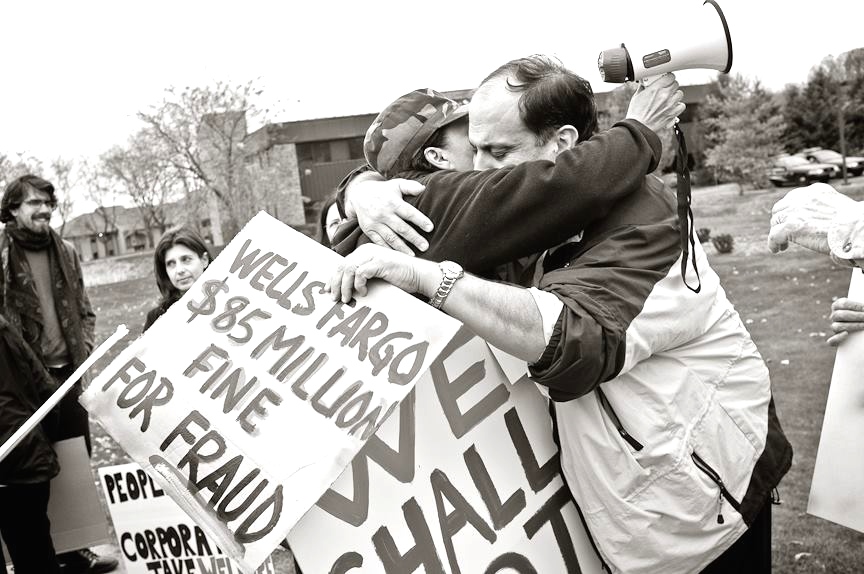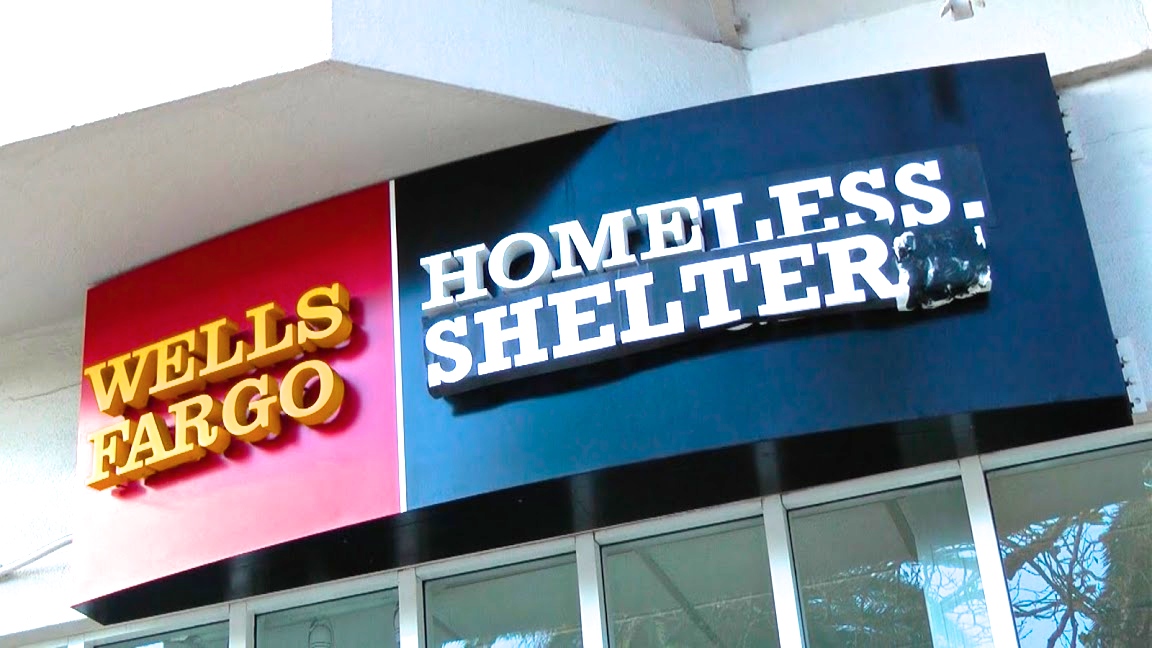
A New Mexico judge has issued a $3.2 million judgment against Wells Fargo for foreclosing on a man's home after his death, even though he had purchased an insurance policy through the bank that would have paid the remaining balance on his mortgage.
District Judge Beatrice Brickhouse said the bank's conduct was shocking and so reprehensible that in addition to actual damages, attorney's fees and court costs, she awarded James Dollens's estate $2.7 million in punitive damages.
Brickhouse issued the ruling Feb. 14. It was reported Friday by the Albuquerque Journal.
Jim Hines, a spokesman for San Francisco-based Wells Fargo, said the bank will appeal and it disagrees with several parts of the ruling, including the award of punitive damages.
Katy Duhigg-Kennedy, a lawyer for Dollens's estate, said Friday that the ruling "protected people over profits. We are confident that the appellate courts will do the same."
Dollens had purchased an accidental death mortgage insurance policy for his Rio Rancho home that was marketed by Wells Fargo and issued by Minnesota Life. When he died Aug. 18, 2010, in a workplace accident, he owed $125,000 on his mortgage.
His death was reported immediately to Minnesota Life and to Wells Fargo to make a claim under the policy.
But instead of seeking funds from the insurance policy, Wells Fargo sent notices about the loan being in default and referred the loan for foreclosure in December 2010. The foreclosure proceeded despite requests from representatives of the estate to hold off pending the insurance payout.
When the bank received a $133,559 check from the insurance company in May 2011, it collected delinquent payments, late fees, and fees for lawyers and for 18 property inspections, leaving only $4,400 for Dollens's estate "because of ... misapplication of the insurance proceeds," the judge said.
Wells Fargo said the family should have continued making payments regardless of the insurance policy.
However, Brickhouse said Wells Fargo disregarded the terms of the insurance policy before moving to foreclose.
That, the judge said, was a breach of the covenant of good faith and fair dealing. She said the bank's "unwillingness and failure" to hold off on the foreclosure even when requested to do so by the insurance company was "shocking."
3 WAYS TO SHOW YOUR SUPPORT
- Log in to post comments













